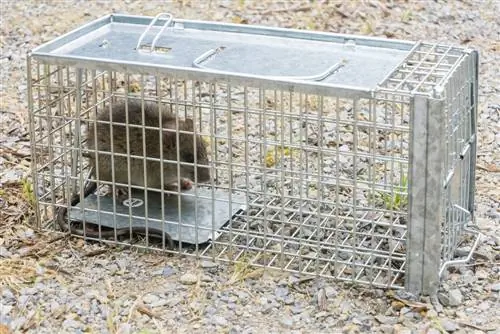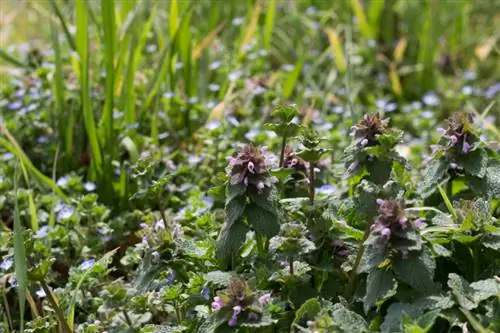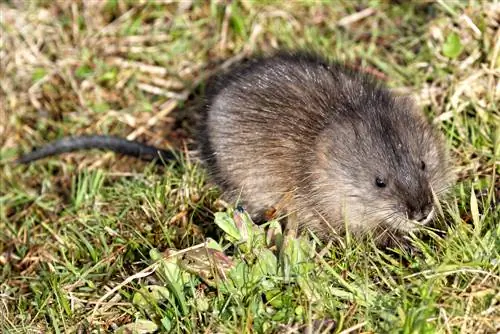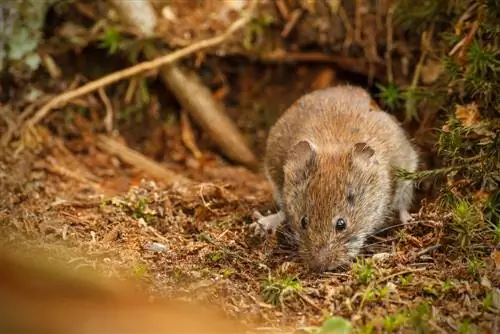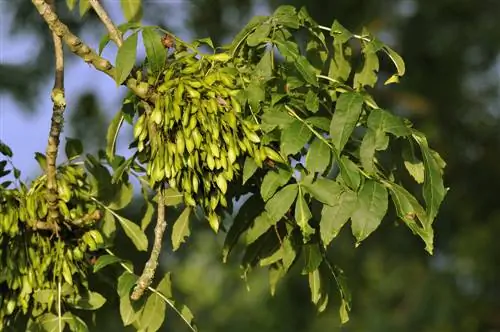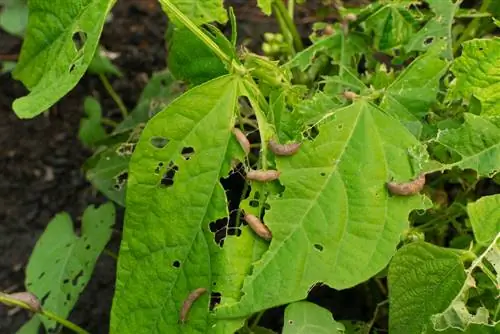- Author admin leonars@hobbygardeners.com.
- Public 2023-12-16 16:46.
- Last modified 2025-06-01 06:02.
Rat infestation in the garden is a dreaded horror scenario. Since the pests are clever and extremely suspicious, combating them is difficult. Toleration is not an option because the rodents multiply explosively, invade the house and transmit dangerous diseases. How to successfully fight rats in the garden.
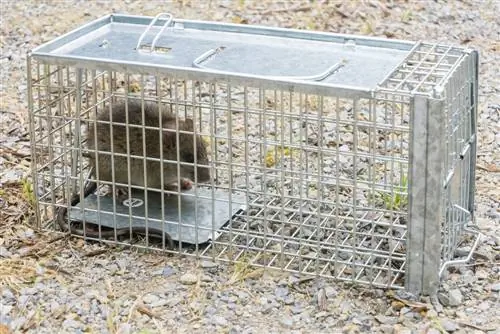
How to fight rats in the garden?
Rats in the garden can be controlled with deterrent methods such as turpentine, vinegar essence, chili powder or used cat litter. Alternatively, baited live traps are a wildlife-friendly solution to capture and then remove rats.
Put off instead of poisoning - tips & tricks
In natural gardens, the use of poison to kill rats, voles or other uninvited guests is frowned upon. Instead, environmentally conscious home gardeners rely on targeted strategies to drive away the pests. The focus is on the rodents' sensitive sense of smell. The following smells attack the sensitive nose so intensely that rats run away:
- Lay out rags soaked in turpentine or vinegar essence near the rat hole
- Sprinkle hot chili powder on the pests' paths
- Pour used cat litter into bags and distribute around the garden
- Scatter iron vitriol (e.g. contained in slaked lime)
Since rats quickly get used to the smells, scaring methods are used in a timely manner.
Pash with plaster causes painful death
It is widely recommended to mix baby food with plaster in order to use this bait to combat rat infestations in the garden. Unfortunately, what is left out is that the animals suffer from severe, long-lasting digestive pain after consumption before they die in agony.
Live traps instead of the brute force of snap traps
Classic snap traps are too brutal for many home gardeners to combat rat infestations this way. In contrast, live traps - in addition to the recommended deterrent methods - are an animal-friendly and effective alternative. The wire boxes are equipped with bait and placed in the garden. However, it should be clarified in advance what will happen to the captured rats afterwards.
Tip
Do you suspect that your garden is infested with rats? Then keep an eye out for their password to make sure. Brown rats produce spindle-shaped, black feces 2 to 3 cm long. The excrement of domestic rats is brown, narrow and banana-shaped, 1 to 2 cm long. In contrast, the remains of hedgehogs are pencil-thick, straight and tapered, while those of martens are 8 to 10 cm long and 1 to 2 cm thick.

